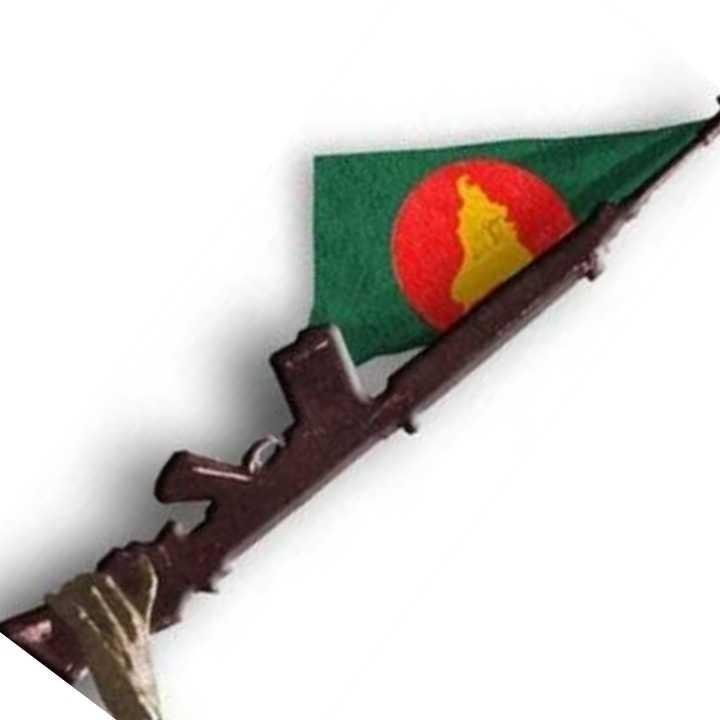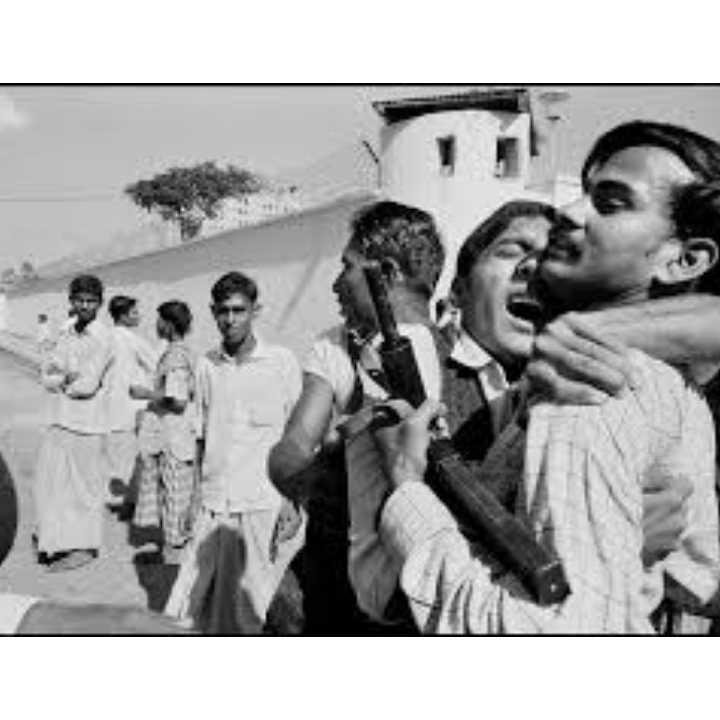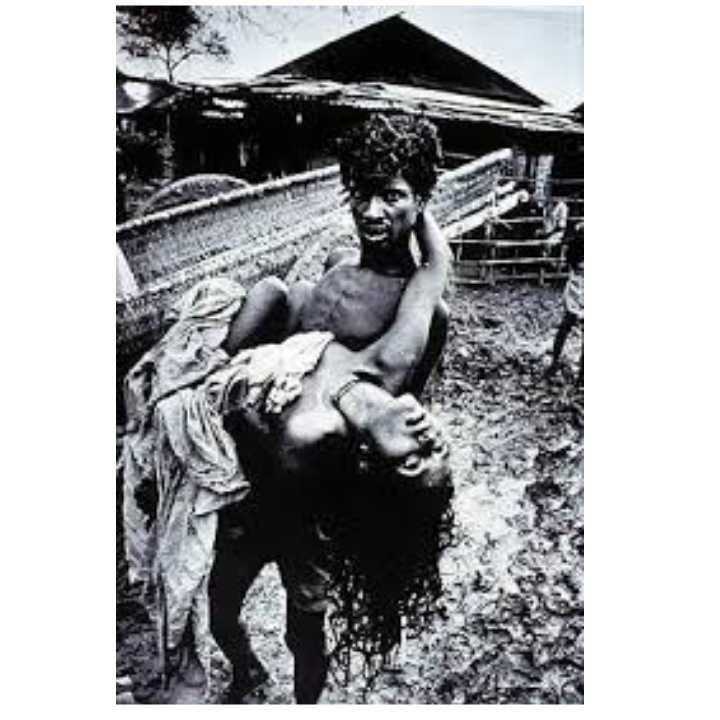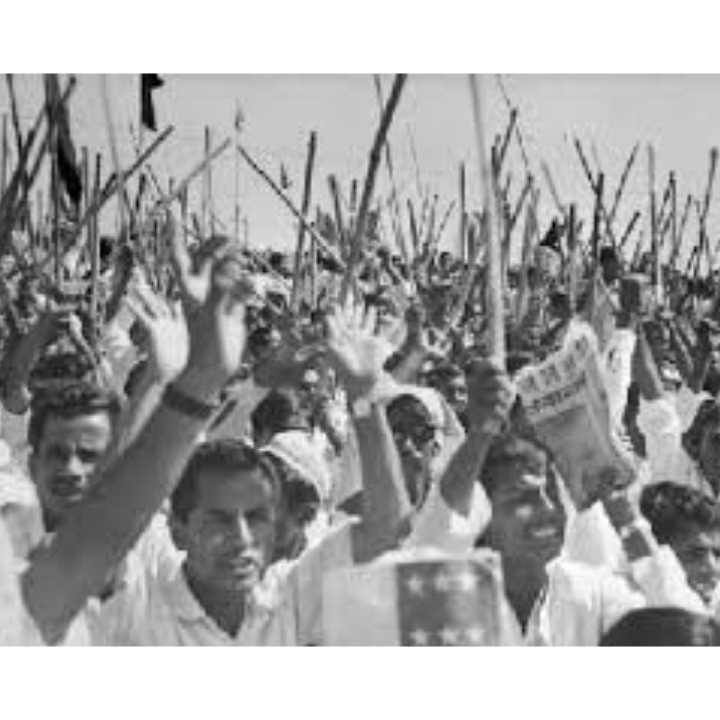
Some outside writers were compelled to acknowledge the penances of grisly flexibility contenders in wicked dying. Among them are Simon Ding, Mark Tally, Siden Sheenberg and others. We didn't have any media of our own amid the war. Bangladesh Radio could contact the general population of this nation. In any case, the most imperative piece of the war was that the report of the military torment in its domain was valid and adjust. Remote accomplices have made Bangladesh more positive for this work. So the commitments of the freedom war were not as much as their opportunity warriors. The flexibility contenders have a free significance in their cash.
On March 7, in the discourse of Bangabandhu, outside media specialists entered the nation to gather daily papers. They were at Hotel Intercontinental in Shahbag on March 25th. Among them, there were 37 columnists from Australia, Britain, Canada, France, Japan and Russia in the United States. Writers did not have their own freedom development, but rather than Mujib's announcement on March 7, Pakistan's reaction was one of Masterpiece.

Activity Searchlight Before the start of March 25, Pakistani troops constrained every outside columnist to remain in the lodging. Nobody can consider what will occur during the evening, the New York Times wrote in their 29th report, "The Pakistani armed force is debilitating, if columnists need to go to the lodging, writers fire." Responding to the inquiries of confined writers in a similar report, the response of the inn's fighters was recorded in that capacity, "We need to ensure you, it will kill you extremely". Columnists are hesitant to react to their officers that they are not anxious of themselves, they are contemplating the terrible occasions of the present unarmed Bengalis.
They saw the assault of unarmed nationals by the military in the inn. Everybody has been scratched by the sound of the tank, weapons and assault rifles. It was Pakistan's principle undertaking to guarantee that no data can be given outside Pakistan's slaughter. The primary reason is that they themselves realized that barbarous oppression against the pure Bangalees was being finished. Also, the second reason is the United States military help. The United States got qualifications to get military help and when the US neglected to quit utilizing weapons by utilizing the armed force, they were anxious on the grounds that regular citizen setbacks were executed.

Subsequently, the Pakistan armed force began the way toward ousting writers as fast as could reasonably be expected. In this continuation, columnists were requested to leave Dhaka on 28th March.
New York Times, New York Times South Asia delegate Sidney Shanbagh, a removed writer. With different columnists, he saw the repulsions of 25 March. To slaughter the fields outside his book, he portrayed his opportunity battle with his own eyes. In the March 25th discourse, he stated, "At first the expression of shooting was somewhat terrifying, however I found out about 100 hours of shooting, I shoot for three hours." On March 28, when he went to the airplane terminal for military security, he saw the vanishing of Dhaka in Dhaka.
The windows and windows are softened up the beacon, the fire is consuming on the rooftop, individuals in the city are in the city in the sticks. Their auto is moving towards the body at the air terminal. They work in the air terminal, their note pads, the recorders, everybody stuck there. Subsequent to coming back to Karachi, the report was distributed on March 28, at the New York Times.

In spite of the prohibition on passage of remote writers, he came back to Bangladesh to republish genocide in the battle area in June. At that point he distributed news of different wellsprings of city and town sources. Accordingly, the Pak armed force ousted him from the nation on 30 June. The New York Times feature, 28, and 35 columnists of the nation. In any case, the quantity of remote writers in the interest of Hotel Intercontinental is 37. There were two more columnists introduce there who were available there. The report says that when the writers were sitting together, the Associated Press and Reuters columnists were not at the lodging. On the off chance that found at the workplace, the workplace says that they are not yet in Dhaka. One of them was 26-year-old writer Simon Paine.

London's Daily Telegraph writer Simon Dring came to Dhaka in 1968. He went to Vietnam for the Vietnam War in Vietnam. Yet, when the circumstance of Pakistan changed in 1971 in the wake of calling for freedom in Bangabandhu's discourse, there is a look at an up and coming war of the entire world. For this, outside writers came to Bangladesh. In any case, on sixth March, Simon Dawn came back to Bangladesh.
On March 25, when a remote columnist was being captured in the intercontinental inn before the firearm, Simon all of a sudden fled from the housetop top of the lodging press picture taker Michael Laurent. Time limitation was ousted on 27th, when he was an observer for two days with the assistance of lodging staff in Dhaka. Luckily, the airplane terminal could close its scratch pad in the wake of leaving Dhaka. He depicted the slaughtering of the bank in Karachi.
Thanks for your support @esteemapp & @good-karma
Peace, Abundance, and Liberty Network (PALnet) Discord Channel. It's a completely public and open space to all members of the Steemit community who voluntarily choose to be there.Congratulations! This post has been upvoted from the communal account, @minnowsupport, by dishamoni from the Minnow Support Project. It's a witness project run by aggroed, ausbitbank, teamsteem, theprophet0, someguy123, neoxian, followbtcnews, and netuoso. The goal is to help Steemit grow by supporting Minnows. Please find us at the
If you would like to delegate to the Minnow Support Project you can do so by clicking on the following links: 50SP, 100SP, 250SP, 500SP, 1000SP, 5000SP.
Be sure to leave at least 50SP undelegated on your account.
nice post thanks for shear